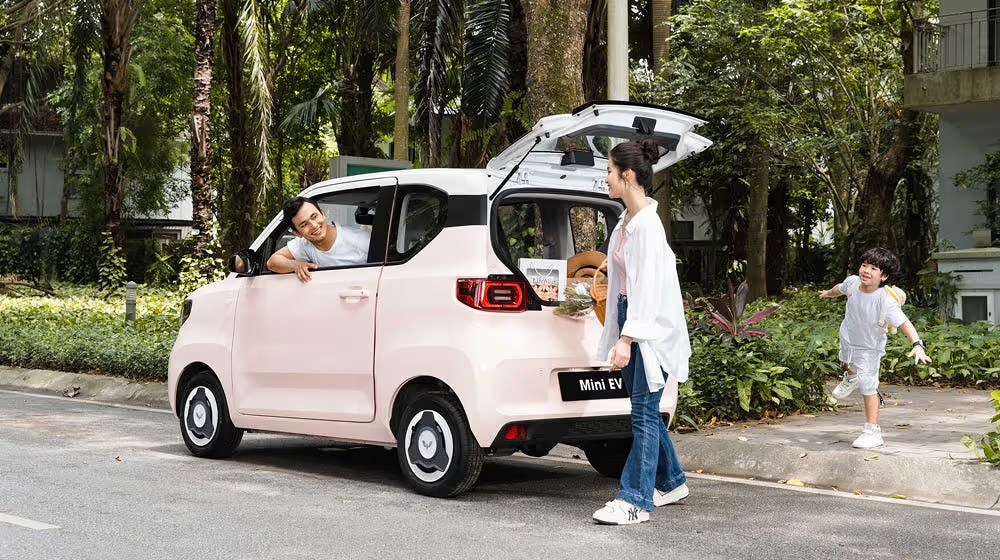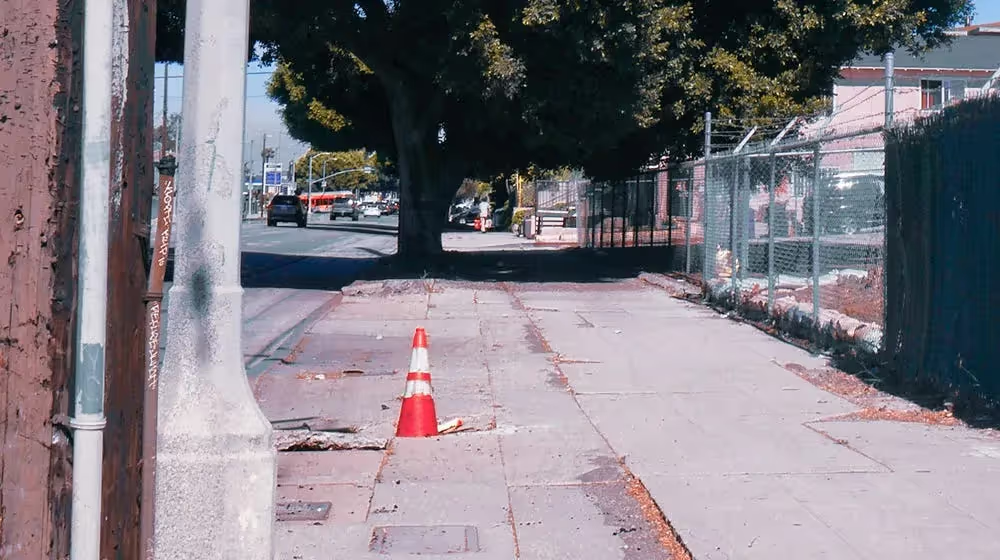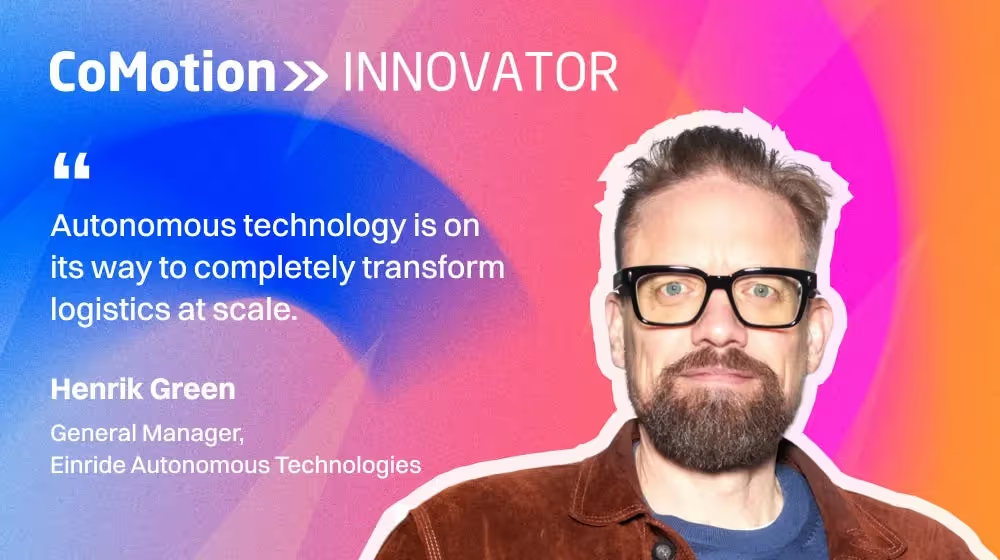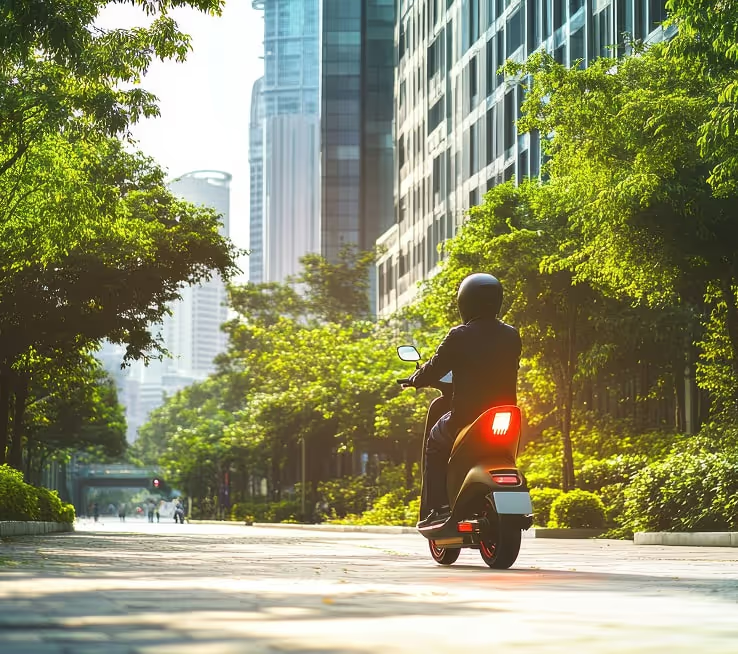The Trump transportation reversal

If there's a theme in this week’s news, it’s the federal government hitting reverse. From backing away from EV adoption to scrapping transportation research and dismantling bureaucratic roadblocks (that it created in the first place), the Trump administration is making its mark on mobility. While Waymo’s robotaxis are surging and GM is chasing small-car success in China, states and cities may find themselves increasingly on their own when it comes to infrastructure and innovation. That’s bad news in many ways, but it’s important to remember that there is still a tremendous capacity for cities to do great things on their own: just look at Denver. It’s also nice to remember that clean energy can succeed without supporters in government.
What you need to know
Uncle Sam sours on EVs: The Trump administration launches a remarkable reversal of the electrification of the federal fleet that was dramatically accelerated by President Joe Biden. The General Services Administration is poised to shut down hundreds of electric charging stations set up at federal buildings and, according to a source, plans to sell thousands of EVs purchased by the previous administration.
Trump erects –– then dismantles –– roadblock for transportation dollars: The Trump administration backs off a policy requiring additional federal legal reviews for state transportation projects, a measure that had raised concerns about potential delays in funding for infrastructure initiatives. The prospect of the notoriously cumbersome federal transportation review process was undoubtedly terrifying to state and local leaders of all political stripes and did not jive with the supposed goal of making government leaner and more efficient.
Tough times for transportation research: Transportation has historically been one of the least controversial domains of federally-supported research, but it is one of the many victims of the Trump administration’s divestment from science and health research. Anybody looking into how to make transportation safer, greener or more equitable is in the crosshairs.
Magic City Mindset: Unlocking Innovation with Leigh-Ann Buchanan
In this week’s episode, Nick Perloff-Giles sits down with Leigh-Ann Buchanan, Founder & CEO of the Miami-Dade Innovation Authority, a non-profit that connects the most innovative startups in Miami's private markets with the most pressing needs in the public sector. They discuss how MDIA is disrupting slow procurements, and how public sector involvement can 'de-risk' innovation. Plus, a sneak peek at CoMotion MIAMI '25.
🚨 Super Early Bird Sale Ends Midnight!
Mobility’s most influential innovators and thought-leaders will be coming to the Magic City on April 29-30 for CoMotion MIAMI ‘25.
Hear from Miami-Dade County’s Mayor, Daniella Levine Cava, advanced aerial mobility pioneer Ampaire’s Co-Founder & CEO, Kevin Noertker, HNTB's Vice President, Beth Kigel, and PortMiami’s Senior Strategy & Innovation Officer, Chris Hudtwalcker. Check out the latest confirmed speakers.
Public and private sector leaders will explore hot topics: Autonomy & the Urban Experience, Next-Gen Maritime Mobility and Logistics, Emerging Funding Models for Investment, Policy Reform for New Mobility, and many more.
Start planning your participation to the most insightful mobility gathering anywhere. Register today and get the best possible rates. Hurry prices jump on March 4!
Waymo hits 200k: The Alphabet-backed robotaxi service is now logging 200,000 paid trips a week across the three cities where it operates: Los Angeles, San Francisco and Phoenix. That is double the number of trips from six months ago.
In case the housing crisis isn’t bad enough: The Department of Housing and Urban Development’s Section 8 housing program, which provides rent assistance to low-income families, is facing a funding shortfall amid significant staff reductions. The proposed cuts could lead to delays in disbursing funds and processing applications, potentially jeopardizing housing stability for millions of households.
Tesla applies for ride-hailing permit in California –– but not driverless: Elon Musk says Tesla will launch a robotaxi ride-hailing service in Austin in June, but in the meantime, his company has applied to launch a human-operated ride-hailing service in California. But…why? Elektrek’s Fred Lambert says this is just an effort to test out a ride-hailing system before trying to do it with driverless vehicles. But whether Tesla is using human drivers or not, there is not yet any indication that it is able to offer something better than Waymo has been offering for years. Nor does it appear close to the vision Musk articulated of individual Tesla owners leasing out their cars as robotaxis.

GM goes big on small cars in China: GM launches the Wuling Hong Guang MINIEV, a four-door version of the car that has become the most popular EV in China. This release aligns with GM's strategy to court the growing demand for compact, urban-friendly EVs in China, even as its U.S. business remains focused on SUVs and trucks.
Is Bird back? Bird, the pioneer scooter-sharing service, appears to have turned things around one year after a reorganization prompted by bankruptcy. Third Lane Mobility, the privately-held company that now oversees Bird and former competitor Spin, has reported $204 million in gross bookings for 2024, amounting to $19.2 million in EBITDA. Total trips were up 50% and the net revenue per trip was $5.44, well above Lime’s $3.43.
Partner content

Join us on March 5 for a conversation with Nick Patsaouras and his new book: The Making of Modern Los Angeles: A Chronicle. Nick arrived from Athens at age seventeen and established a successful electrical engineering company designing commercial, industrial, educational, residential, medical, institutional, religious, and entertainment projects. Nick served on several boards—from LA Metro to LADWP—and even ran for LA Mayor! His book is a firsthand account of decisions made in public and behind the scenes over a fifty-year career that has truly made Los Angeles what it is today. Nick is a true insider whose vision and persistence prevailed and made a monumental difference.
What we're reading
Clean energy is unstoppable: In the Wall Street Journal (paywall), Eric Beinhocker and J. Doyne Farmer write that the clean energy revolution is inevitable due to simple economics. While fossil fuels essentially cost the same as they did a century ago, the trend for solar and wind power is very clear: they get cheaper every year. By 2050, they project that solar power will cost a tenth of what it costs now.

Who should pay for the sidewalks? For CityLab, David Zipper looks at Denver’s new funding model for sidewalk repairs, which he describes as the “boldest sidewalk reform in recent American history.” The city is finally embracing sidewalk maintenance as a public, rather than a private, responsibility, and imposing an annual fee on property owners. With the federal government poised to step back from active transportation, it’s time for more cities to step up.
ICYMI

In the latest edition of The INNOVATORS — CoMotion’s monthly series that brings you even closer to the startups and entrepreneurs shaping a decarbonized mobility future we look at how a Swedish tech company is leading the autonomous trucking and logistics revolution. Jake Laffoley and Dan Eppstein sat down with Eineride’s General Manager Henrik Green to explore the business case for autonomous trucking and AV logistics, creating clear pathways for deployment and why this technology can really take off.

